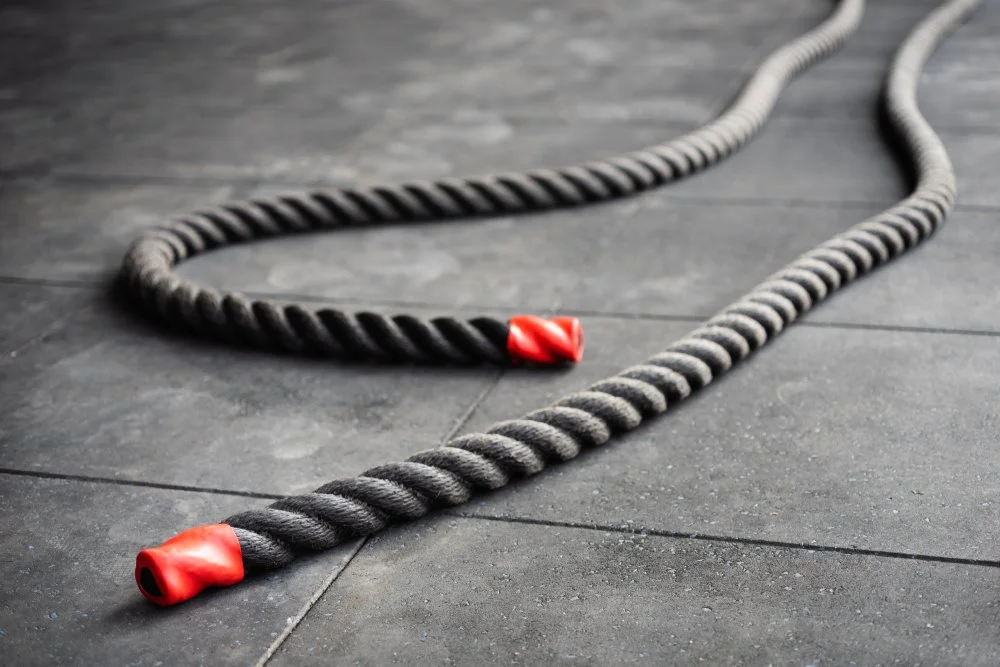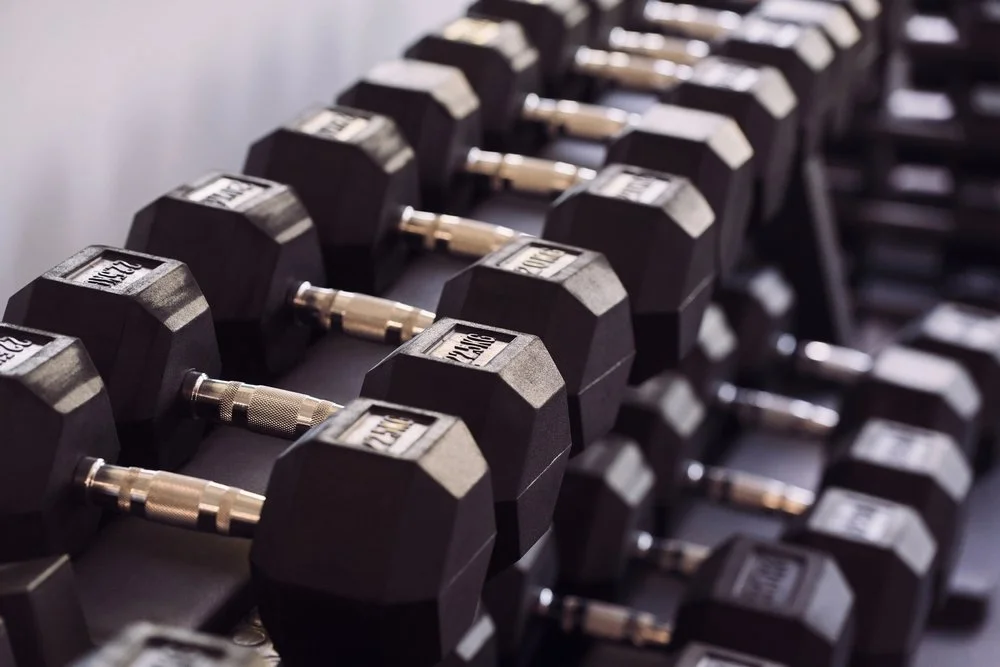How To Prevent Post-Workout Overeating
It's normal to feel hungry when starting a new exercise routine. Even experienced athletes get hungry when their routines increase in frequency or become more intense.
The body burns calories at a faster rate during exercise, which may lead to post-workout overeating. Increased appetite hormones and stunted satiety hormones are to blame.
Once your body becomes more accustomed to your new fitness level, your appetite will stabilize. Give your body time to adjust and try these seven simple solutions to prevent post-workout overeating.
7 Simple Solutions to Prevent Overeating
Eat On Time
Try to eat 3-6 times a day around the same time every day. Eating a meal or snack every 2-4 hours on a regular schedule can keep you from getting hungry.
Fuel your body with a balanced meal or snack 30-60 mins before your workout to prevent extreme hunger afterwards.
Plan Ahead
It’s easier to make healthy choices before you’re hungry. Prepare and pack your meals in advance or pinpoint healthy restaurant options.
Eat protein and carbohydrates within 30-60 mins after a workout to replenish energy and aid muscle recovery.
Watch Portion Sizes
Pay attention to nutrition labels and be aware of how many calories are in a serving. Avoid highly processed foods that are easy to overindulge.
Eat lean proteins (chicken, fish, whey protein, eggs) and carbs (fruits, potatoes, whole grains) post-workout.
Eat More Fiber
Look for foods with soluble fiber because this type of fiber promotes satiety. It absorbs water and forms a gel in the stomach, which slows digestion.
Excellent sources of soluble fiber are legumes (beans, lentils, peas), oats, nuts, seeds, fruits, and vegetables.
Slow Down
It takes about 20 minutes for the brain to fully register that your stomach is full. Eating slowly will help aid digestion and allow you to enjoy your food.
Eating quickly can increase calorie consumption, which can lead to overeating, and digestive discomfort.
Drink More Water
Drink water before, during, and after meals to help your stomach feel full. Staying hydrated will also prevent your body from confusing hunger with thirst.
For longer or more intense workouts, a sports drink can help replace electrolytes lost through sweat, which aids in rehydration.
Keep A Food Journal
Record what you eat, when you eat it, and how you’re feeling. Over time, this can help you notice both positive patterns and negative habits.
Pay attention to your body's hunger and fullness cues. Adjust your food intake and meal schedule as needed.
We’re Here to Help
Weight Management
Nutrition Counseling & Personal Training Plans
Achieve your weight loss goals through a comprehensive plan that combines nutrition counseling with personal training and is tailored to your goals, lifestyle, preferences, and fitness level.











